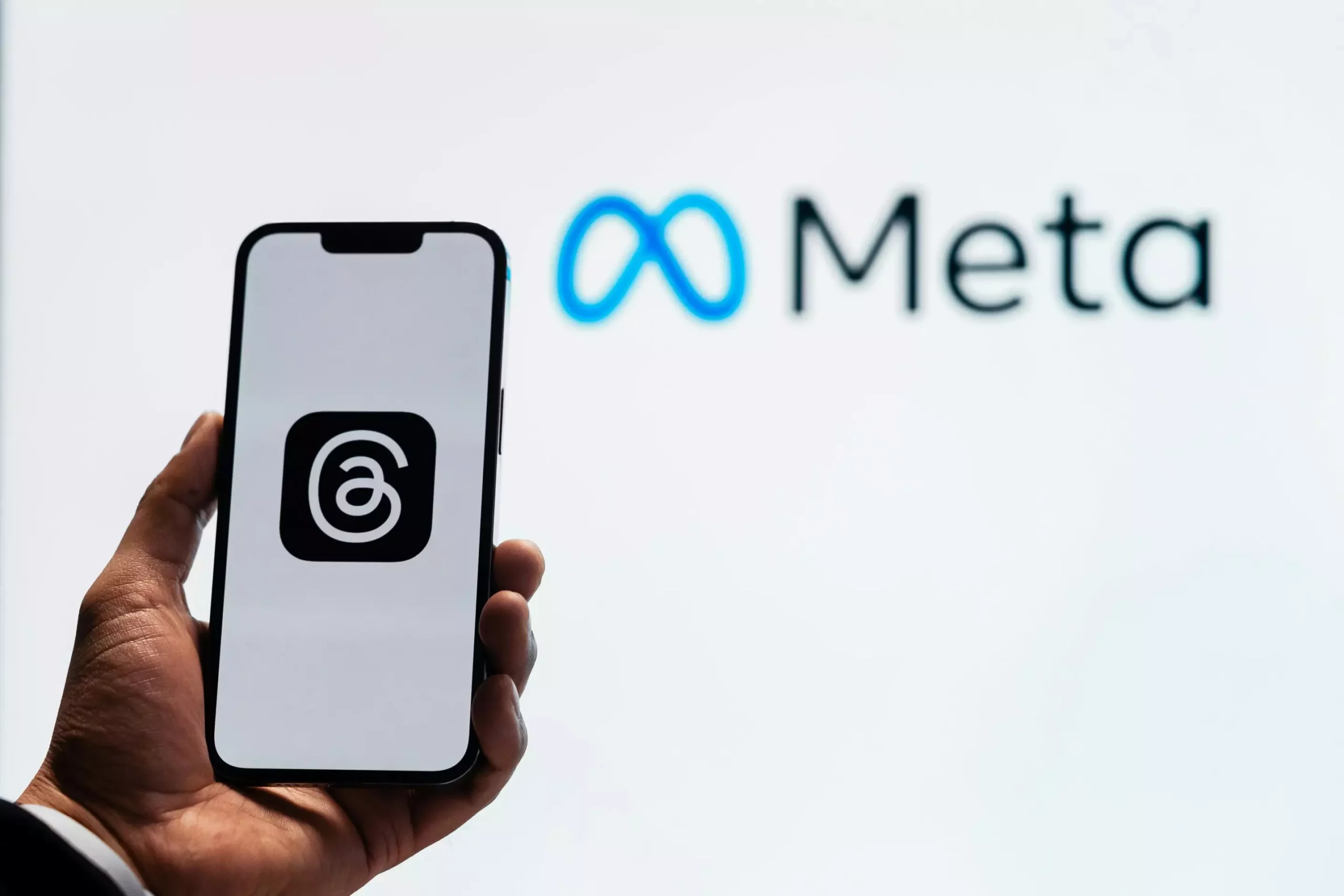In the realm of artificial intelligence (AI), there is an ongoing battle between companies that opt to keep their datasets and algorithms confidential, and those that believe in transparency by making their advanced software publicly accessible. The clash between open-source and closed-source AI has significant implications for the future of AI development and deployment.
Meta, the parent company of Facebook, has recently championed the cause of open-source AI by releasing a collection of large AI models, with Llama 3.1 405B being hailed as the first frontier-level open-source AI model. This move by Meta signifies a step towards democratizing AI and ensuring that the benefits of advanced technology are accessible to all.
Closed-source AI, characterized by proprietary models and algorithms that are not disclosed to the public, poses several challenges. While it allows companies to safeguard their intellectual property and maintain control over their products, it can hinder transparency, innovation, and accountability. Closed-source AI models often lack the ethical frameworks necessary for ensuring fairness, transparency, and privacy in AI systems.
For instance, OpenAI’s ChatGPT, a closed-source AI tool, restricts access to its datasets and source codes, making it challenging for regulators to audit its operations. This lack of transparency raises concerns about data privacy, accountability, and the potential for bias in AI decision-making. Closed-source AI models also limit collaborative development efforts and innovation, as users become dependent on a single platform for their AI needs.
On the other hand, open-source AI promotes transparency, collaboration, and innovation in AI development. By making datasets and algorithms freely available to the public, open-source AI models encourage community participation, rapid development, and scrutiny of potential biases. Smaller organizations and individuals can also engage in AI development with open-source models, reducing the barrier to entry for AI innovation.
However, open-source AI is not without its challenges. Quality control in open-source products can be a concern, as the code and data are accessible to potential hackers who may exploit the system for malicious purposes. Additionally, open-source AI models may be more vulnerable to cyberattacks and misuse, raising ethical and security concerns in AI development and deployment.
Meta has emerged as a pioneer in the domain of open-source AI, with its release of the Llama 3.1 405B AI model, the largest open-source language model to date. While Meta’s model is not fully open due to the absence of the training dataset, it has leveled the playing field for researchers, startups, and small organizations by providing access to advanced AI capabilities without the need for extensive resources.
To ensure the democratization of AI, three key pillars must be established: governance to regulate AI development ethically, accessibility to make computing resources affordable and user-friendly, and openness to promote transparency through open datasets and algorithms. Achieving these pillars requires collaboration among government, industry, academia, and the public to advocate for ethical AI practices and support open-source initiatives.
The battle for open-source AI represents a critical juncture in the evolution of artificial intelligence. The decisions made today will shape the future of AI as a tool for inclusive development and innovation. By addressing ethical concerns, fostering collaboration, and promoting transparency, we can create a future where AI serves the greater good and benefits society as a whole. The choice is ours to make.


Leave a Reply